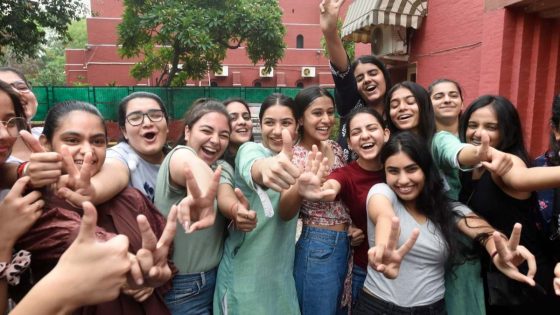The music world of the 1960s was filled with fashion icons, from the Beatles to the Ronettes, from Jimi Hendrix to the Supremes, from Motown to Haight-Ashbury.
But for some of us, the mid-1960s Rolling Stones were as cool as it gets.

The Beatles were in the same lane but, truth be told, the Stones wore it better. Their look defined Swinging London: the turtlenecks, the suede, the sunglasses, the corduroys, the Cuban heels, the checkered jackets and pants, all hanging perfectly on those skinny, vitamin-deprived postwar-British frames.

Brian Jones’ iconic fringe haircut flew thousands of miles to California, where his and the band’s look quickly alighted on the Byrds, Love and the Jefferson Airplane.

The Stones were considered shockingly scruffy by “The Establishment” but they had style, especially Keith Richards and Brian Jones. Mick Jagger was the primary progenitor of the scruff; Charlie Watts would not ascend to his throne as the most dapper Stone until later.

Arguably more than any other, photographer Gered Mankowitz captured that look between 1965 and 1967 — and you can see how far the band’s look (and sound) progressed in those years. Liberated from the slim suits of their early years, the group’s fashion grew from hip casual to psychedelic splendor in just 24 months.

And it’s all on display in Mankowitz’s spectacular new photo book, “The Rolling Stones: Rare and Unseen,.” from Welbeck Publishing.

Some of the photos are familiar — he photographed several of the Stones’ album and single covers — but many are not and are published here for the first time.

You truly feel the insane pace of life as a Stone, because Mankowitz was with them in the studio, in planes, in hotels, onstage (and yelling at The Man backstage), in photo sessions and even in the rare times they were home. Bassist Bill Wyman’s young son famously said at the time, “My daddy lives in an airplane.”

The Rolling Stones at home, with Mankowitz (center, wearing glasses)
The accompanying text was written by Richards (whose forward appears below), former Stones manager Andrew Loog Oldham, Mankowitz and others.

But anyone interested in this book will get to the text later — these photos make it difficult to finish a single paragraph.

FOREWORD
Keith Richards
In front of me I have a black and white photo of myself kitted out in true Western garb down to a Colt 45 revolver and a Winchester repeating rifle. (When you’re deep in the back country of Arizona you are dead without one.) I’m standing in front of a beautiful chestnut quarter horse, who became my friend and my tutor for about a week. I look ludicrously young but very much at home. The other person there (not shown in the shot) was Gered, and we were surely two of the most unlikely people to meet in the Arizona desert. He’s not visible because Gered took the photo. I should have taken one of him because he looked the perfect greenhorn: cherubic, bespectacled, always with a camera ready for the fast draw. Those nights beside the fire sleeping on our saddles and trying to keep the beans pacified has been indelibly stamped in my mind. (Also the look on Gered’s face as our old Indian guide blasted away at a mountain lion that got too close for comfort.) He once took me to meet his father on a drive in the English countryside. Wolf must have wondered what his son had dragged in, although it was a very pleasant afternoon. We’ve met briefly over the last (mere) 50 years, yet I always feel a warm glow when I think of the photographer on the range and I wonder, does he still carry a camera wherever he goes…
Source Agencies



